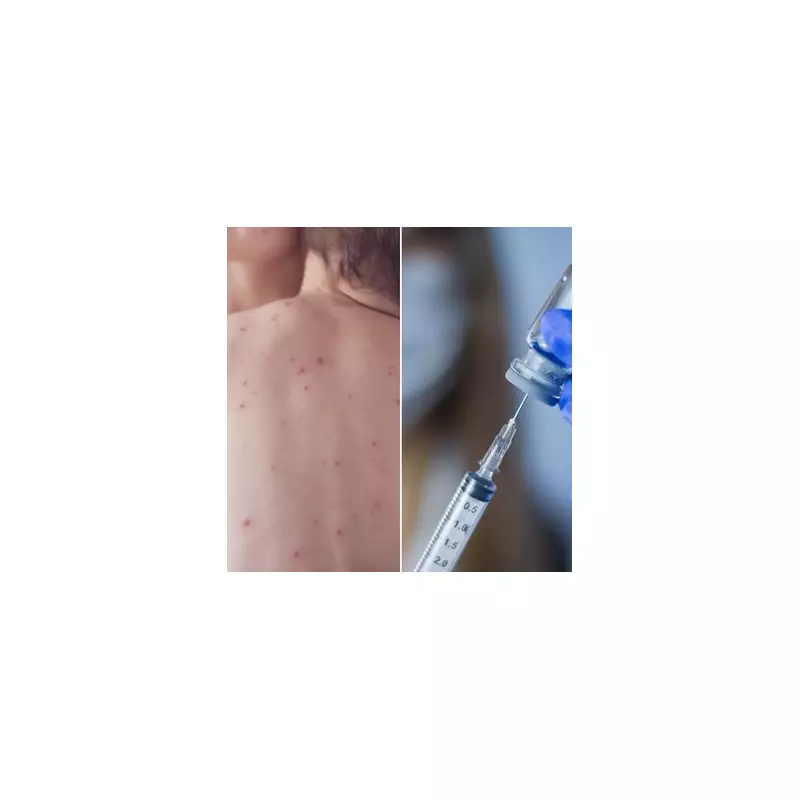
Health authorities across the United Kingdom are sounding the alarm about a rapidly spreading virus that's proving particularly troublesome this season. Parvovirus B19, commonly known as 'slapped cheek syndrome' or fifth disease, is circulating at concerning levels, with cases being reported from London to Edinburgh.
What Exactly Is This Silent Spreader?
Parvovirus B19 might sound alarming, but it's actually a common childhood illness that's making an aggressive comeback. The virus earns its 'slapped cheek' nickname from the distinctive bright red rash that appears on both cheeks, often making children look like they've been sharply slapped.
The Sneaky Early Warning Signs
Before the characteristic rash appears, sufferers typically experience flu-like symptoms that make the virus difficult to identify early. Key indicators include:
- High temperature and fever
- Runny nose and sore throat
- Headaches and general fatigue
- Upset stomach and joint pain
The most crucial fact every parent should know: infected individuals become contagious several days before the rash even appears, making prevention particularly challenging.
Who's Most At Risk?
While most healthy children and adults experience mild symptoms, certain groups face serious complications:
Pregnant Women
Expectant mothers need to be especially vigilant. Infection during pregnancy can potentially affect the unborn baby's red blood cells, though the NHS notes this risk is generally low.
People With Weakened Immune Systems
Those with conditions like sickle cell disease or receiving chemotherapy are particularly vulnerable to severe complications from parvovirus.
Individuals With Blood Disorders
People with chronic anaemia conditions may experience temporary cessation of red blood cell production, requiring medical attention.
Practical Prevention and Management
Given the virus's stealthy nature, prevention relies on good hygiene practices:
- Frequent hand washing with soap and warm water
- Using tissues when coughing or sneezing
- Avoiding close contact with infected individuals
- Staying home from school or work when symptomatic
For those already affected, treatment focuses on symptom relief through rest, hydration, and over-the-counter pain relievers (avoiding aspirin in children). The rash itself isn't usually itchy or painful and typically fades within one to three weeks.
The UK Health Security Agency continues to monitor the situation closely, urging healthcare providers to remain vigilant for cases and reminding the public that simple hygiene measures remain our best defence against this seasonal visitor.





